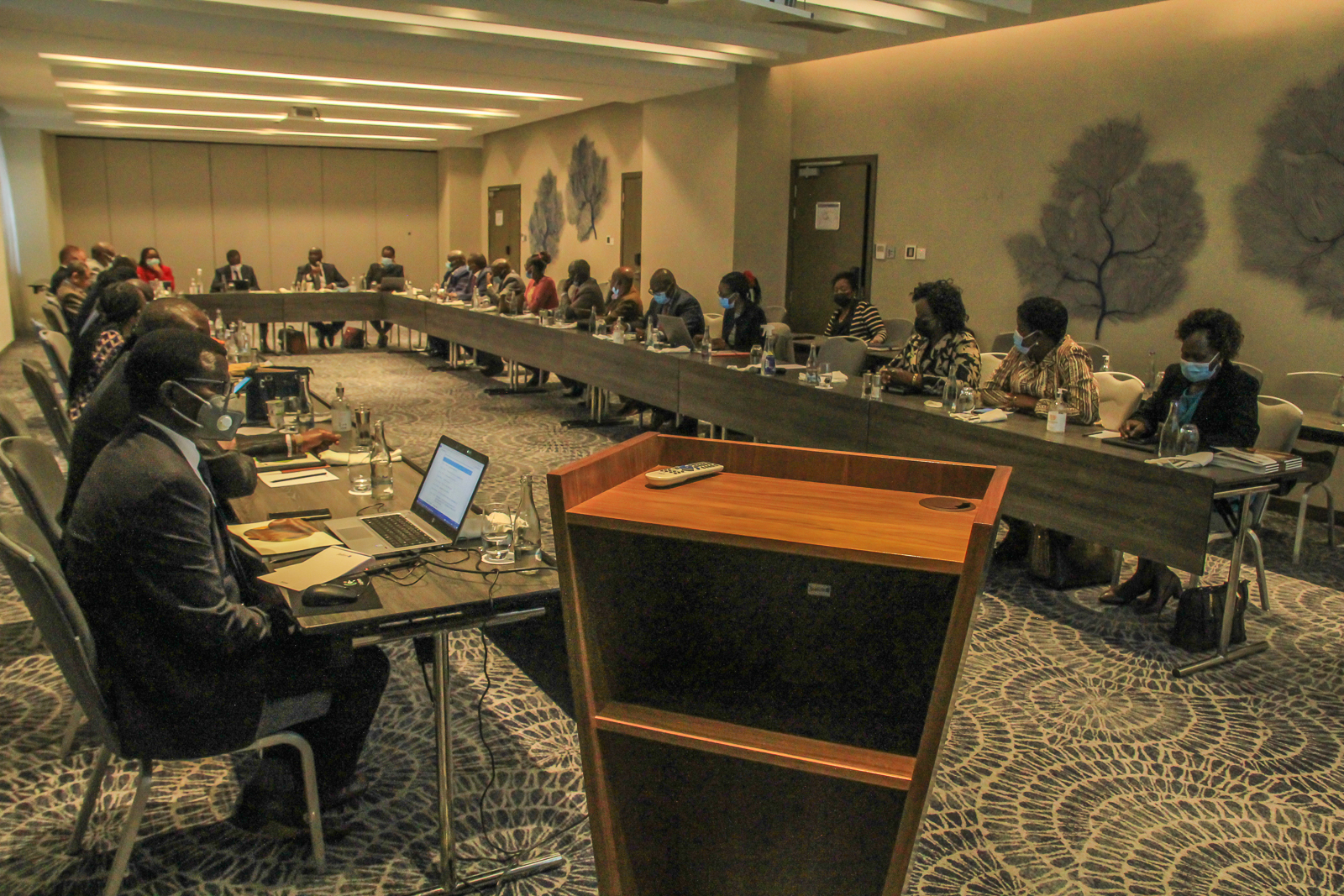These centres and their sub-centres will be responsible for coordinating and undertaking research based on four the (4) thematic areas. The infrastructure will include office blocks, research laboratories, herbariums, conference halls, exhibition rooms, libraries, and stores, and acquisition of boats and vehicles.

